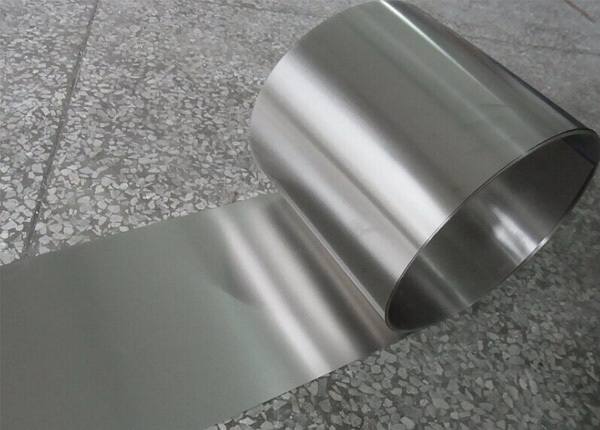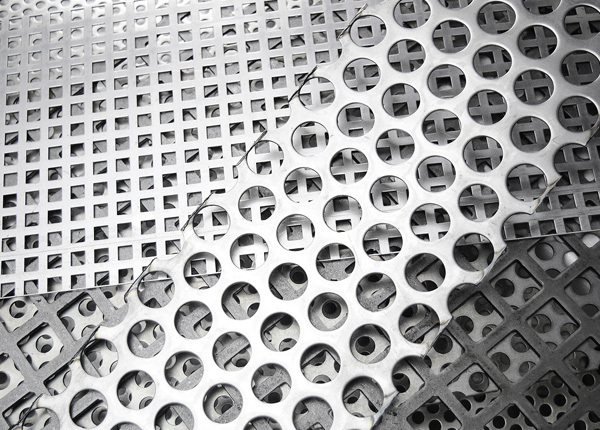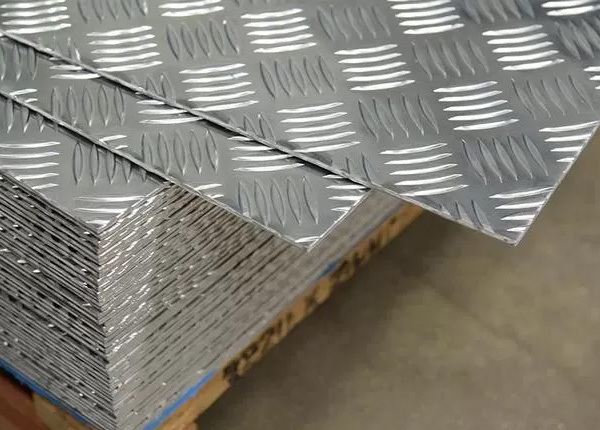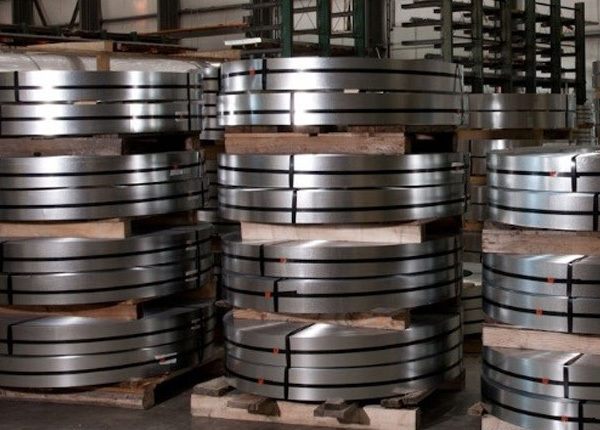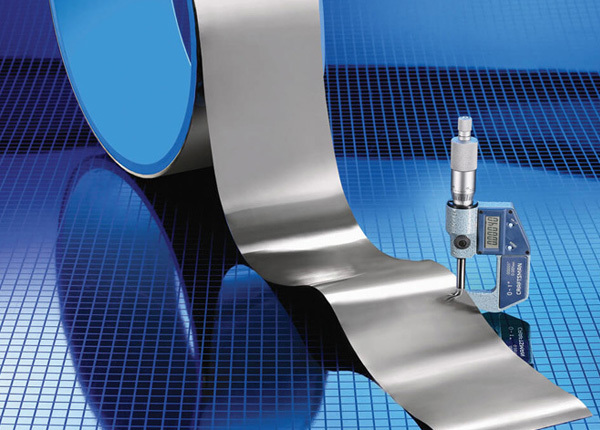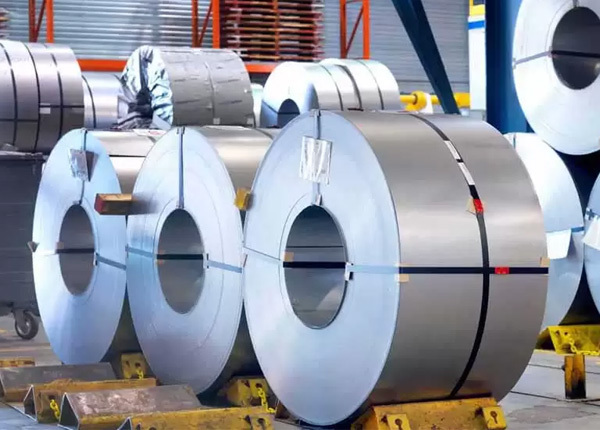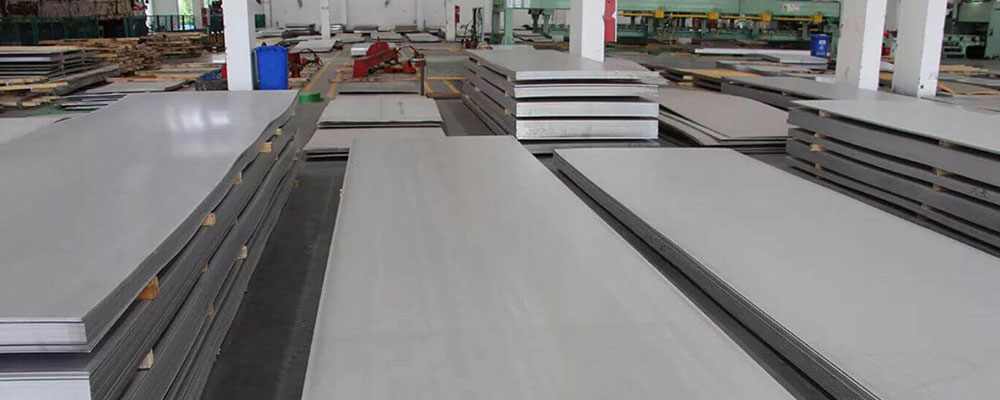
Carbide device reveals excessive hardness at intense slicing temperatures, and so Stainless Steel UNS S31000 Screws has decrease thermal enlargement coefficient, excessive thermal conductivity, and excessive elastic modulus. These properties entice researchers to apply carbide as capacity device material for machining of hard materials. For example, it's far accomplished turning experiments in this alloy the usage of carbide inserts to observe dominant device put on mechanisms. Such diffusion put on weakened the bonding strength of carbide debris (in carbide inserts), ensuing in detachment of carbide debris and induced device failure. Stainless Steel UNS S31008 Nuts is thought that coating can also additionally growth put on resistance of the device insert and reduce slicing forces. To lessen slicing sector temperature, application of slicing fluids, cryogenic cooling, etc. are practiced via way of means of production industries.However, coatings carry out in another way in company of having recognized to the workings material in addition to slicing conditions. Therefore, deciding on an appropriate coating material is certainly challenging. Multilayer lined gear is implemented to take gain of various coating factors. According to numerous studies, multicoated gear more advantageous the machinability of this Stainless Steel WNR 1.4841 Bolts via way of means of decreasing slicing forces extra than a single-layer-lined device in addition to an uncoated device.
Therefore, multi-layered lined gear supplied longer device existence than uncoated gear.In any machining operation for Stainless Steel WNR 1.4845 Washers, device existence and machined working part surface integrity are crucial factors figuring out overall performance of the stated machining process. Hence, the rate of device put on is likewise excessive. This degrades first-rate of the machined surface. In turning, slicing fluids may be provided in numerous modes consisting of flood cooling, excessive pressure cooling (HPC), and ultra-excessive pressure cooling (UHPC).



